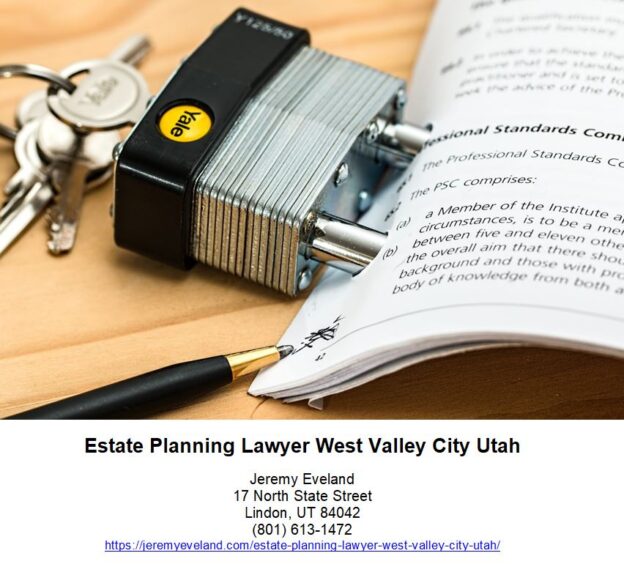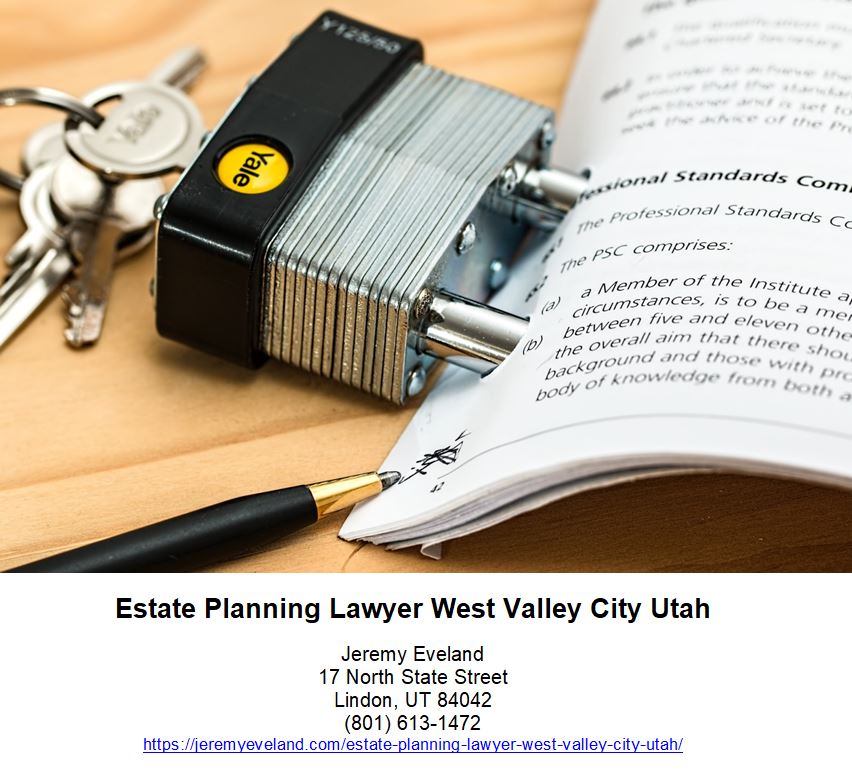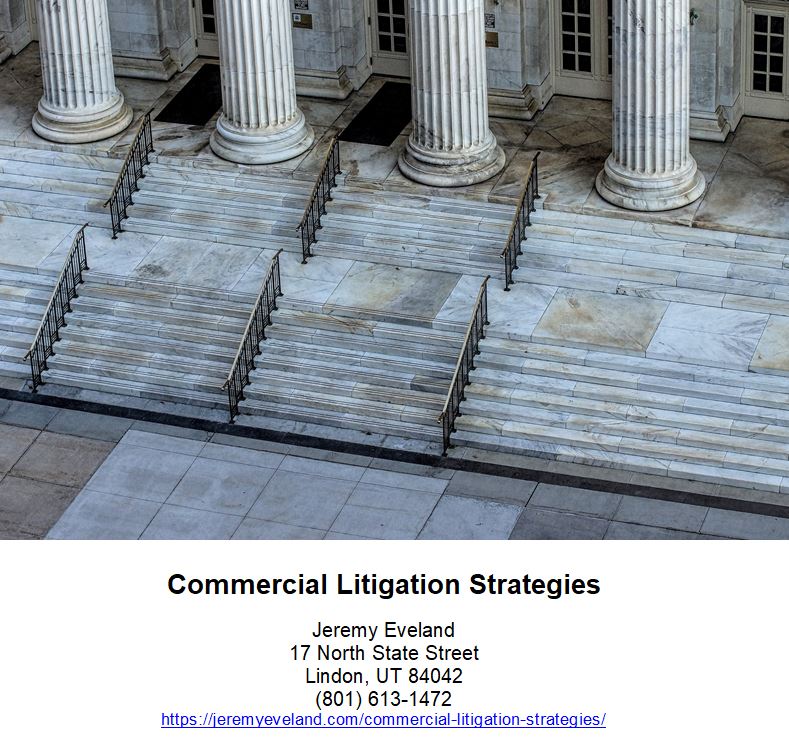-
Utah Contract Attorney
- Introduction
- Exploring the Different Types of Accord and Satisfaction Agreements and Their Uses in Contract Law
- Analyzing the Benefits of Using an Accord and Satisfaction Agreement to Resolve a Debt Dispute
- Examining the Legal Requirements for a Valid Accord and Satisfaction Agreement in Utah
- Exploring the Difference Between an Accord and Satisfaction Agreement and a Novation
- Understanding the Essential Elements of an Accord and Satisfaction Agreement
- Why You Should Hire A Contract Lawyer To Help You With Accord and Satisfaction
- Q&A
“Accord and Satisfaction: Achieving Agreement and Contentment for All.”
Introduction
Accord and satisfaction is a legal concept that is used to resolve disputes between two parties. It is a contract between two parties that allows them to settle a dispute without going to court. The agreement is usually in the form of a payment of money or other consideration in exchange for the release of a claim or the dismissal of a lawsuit. Accord and satisfaction is a way for parties to resolve their differences without the need for costly and time-consuming litigation. It is an important tool for businesses and individuals to resolve disputes quickly and efficiently.
Exploring the Different Types of Accord and Satisfaction Agreements and Their Uses in Contract Law
Accord and satisfaction agreements are a type of contract used in contract law to resolve disputes between two parties. These agreements are used when the parties involved are unable to reach a mutually satisfactory resolution through negotiation or mediation. They are also used when one party has breached the terms of the contract and the other party is seeking compensation for damages.
An accord and satisfaction agreement is a contract between two parties that resolves a dispute by providing a payment or other form of consideration in exchange for the release of any claims or demands that the parties may have against each other. The agreement is legally binding and can be enforced in court if necessary.
There are two types of accord and satisfaction agreements: a full accord and satisfaction agreement and a partial accord and satisfaction agreement. A full accord and satisfaction agreement is a contract that resolves all claims and demands between the parties. This type of agreement is typically used when the parties have reached a full resolution of their dispute.
A partial accord and satisfaction agreement is a contract that resolves only some of the claims and demands between the parties. This type of agreement is typically used when the parties have not been able to reach a full resolution of their dispute.
Accord and satisfaction agreements are often used in contract law to resolve disputes between two parties. They can be used to resolve disputes over the terms of a contract, the performance of a contract, or the breach of a contract. They can also be used to resolve disputes over the payment of damages or other forms of compensation.
Accord and satisfaction agreements can be used to resolve disputes quickly and efficiently. They can also be used to avoid costly and time-consuming litigation. In addition, they can provide a way for the parties to reach a mutually satisfactory resolution without having to go to court.
Accord and satisfaction agreements are an important tool in contract law and can be used to resolve disputes between two parties in a timely and cost-effective manner. They can provide a way for the parties to reach a mutually satisfactory resolution without having to go to court.
Analyzing the Benefits of Using an Accord and Satisfaction Agreement to Resolve a Debt Dispute
An accord and satisfaction agreement is a legally binding contract that is used to resolve a debt dispute. This type of agreement is often used when a creditor and debtor are unable to come to an agreement on the amount of money owed. By signing an accord and satisfaction agreement, both parties agree to settle the debt for a lesser amount than what is originally owed.
The primary benefit of using an accord and satisfaction agreement to resolve a debt dispute is that it allows both parties to avoid the time and expense of litigation. Litigation can be costly and time-consuming, and it can also be emotionally draining for both parties. An accord and satisfaction agreement allows both parties to come to a mutually beneficial agreement without having to go through the court system.
Another benefit of using an accord and satisfaction agreement is that it allows both parties to avoid the risk of a judgment being entered against them. If a creditor takes a debtor to court and wins, the court may enter a judgment against the debtor for the full amount of the debt. This can have serious financial consequences for the debtor, including wage garnishment and the seizure of assets. By signing an accord and satisfaction agreement, both parties can avoid the risk of a judgment being entered against them.
Finally, an accord and satisfaction agreement can help both parties to maintain a good relationship. Litigation can be contentious and can damage the relationship between the parties. By signing an accord and satisfaction agreement, both parties can come to an agreement without having to resort to litigation. This can help to preserve the relationship between the parties and can make it easier for them to work together in the future.
In conclusion, an accord and satisfaction agreement can be a beneficial tool for resolving a debt dispute. It can help both parties to avoid the time and expense of litigation, avoid the risk of a judgment being entered against them, and maintain a good relationship.
Examining the Legal Requirements for a Valid Accord and Satisfaction Agreement in Utah
Accord and satisfaction agreements are a legally binding way to resolve a dispute between two parties. In Utah, there are certain legal requirements that must be met in order for an accord and satisfaction agreement to be valid.
First, the agreement must be in writing. This is to ensure that both parties understand the terms of the agreement and that there is a record of the agreement. The agreement should include the names of both parties, the amount of money that is being paid, and the date of the agreement.
Second, the agreement must be signed by both parties. This is to ensure that both parties are in agreement and that they are legally bound to the terms of the agreement.
Third, the agreement must be supported by consideration. This means that both parties must receive something of value in exchange for the agreement. This could be money, goods, or services.
Fourth, the agreement must be made in good faith. This means that both parties must be acting in good faith and not trying to take advantage of the other party.
Finally, the agreement must be made with the intention of settling the dispute. This means that both parties must be willing to accept the agreement as a resolution to the dispute.
By following these legal requirements, parties in Utah can create a valid accord and satisfaction agreement. This agreement can be used to resolve disputes in a legally binding way.
Exploring the Difference Between an Accord and Satisfaction Agreement and a Novation
An accord and satisfaction agreement and a novation are two distinct legal instruments that are used to resolve disputes and modify contractual obligations. While both are used to modify existing contracts, they differ in terms of their purpose and the legal implications of each.
An accord and satisfaction agreement is a contract between two parties that resolves a dispute by replacing the original contract with a new agreement. This agreement is typically used when the parties cannot agree on the terms of the original contract, or when one party has breached the contract. The new agreement is usually a compromise between the two parties, and it is legally binding.
A novation is a contract between three parties that replaces an existing contract with a new one. This is typically used when one of the parties to the original contract is unable to fulfill their obligations, and a new party is brought in to take their place. The new party agrees to assume the obligations of the original party, and the original contract is terminated.
The main difference between an accord and satisfaction agreement and a novation is that an accord and satisfaction agreement is a contract between two parties, while a novation is a contract between three parties. Additionally, an accord and satisfaction agreement is used to resolve a dispute between two parties, while a novation is used to replace an existing contract with a new one.
Both an accord and satisfaction agreement and a novation can be used to modify existing contracts, but they have different legal implications. An accord and satisfaction agreement is a legally binding contract that replaces the original contract, while a novation is a legally binding contract that terminates the original contract. It is important to understand the differences between these two instruments before entering into any agreement.
Understanding the Essential Elements of an Accord and Satisfaction Agreement
An accord and satisfaction agreement is a legally binding contract between two parties that resolves a dispute. It is a form of alternative dispute resolution that allows the parties to settle their differences without going to court. The agreement typically involves the payment of money or other consideration in exchange for the release of a claim or the dismissal of a lawsuit.
The essential elements of an accord and satisfaction agreement are:
1. Offer: The agreement must include an offer from one party to the other. This offer must be clear and unambiguous, and must be accepted by the other party in order for the agreement to be valid.
2. Acceptance: The agreement must include an acceptance of the offer by the other party. This acceptance must be clear and unambiguous, and must be made in writing in order for the agreement to be valid.
3. Consideration: The agreement must include consideration, which is something of value that is exchanged between the parties. This could be money, goods, services, or any other form of consideration that is agreed upon by both parties.
4. Release: The agreement must include a release of any claims or lawsuits that are the subject of the dispute. This release must be clear and unambiguous, and must be made in writing in order for the agreement to be valid.
5. Signatures: The agreement must be signed by both parties in order for it to be legally binding.
By understanding the essential elements of an accord and satisfaction agreement, parties can ensure that their agreement is legally binding and enforceable. This can help to avoid costly litigation and ensure that the dispute is resolved in a timely and efficient manner.
Why You Should Hire A Contract Lawyer To Help You With Accord and Satisfaction
Accord and satisfaction is a legal concept that is used to resolve disputes between two parties. It is a contract between two parties that allows them to settle a dispute without going to court. When an accord and satisfaction is reached, the parties agree to accept a payment or other form of consideration in exchange for the release of any claims they may have against each other.
Hiring a contract lawyer to help you with an accord and satisfaction can be beneficial in a number of ways. A contract lawyer can help you understand the legal implications of the agreement and ensure that all parties are in agreement with the terms. They can also help you negotiate the best possible outcome for both parties.
A contract lawyer can also help you draft the agreement in a way that is legally binding and enforceable. This is important because if the agreement is not legally binding, it may not be enforceable in court. A contract lawyer can also help you understand the legal implications of the agreement and ensure that all parties are in agreement with the terms.
Finally, a contract lawyer can help you protect your rights and interests in the agreement. They can review the agreement to make sure that it is fair and equitable for both parties. They can also help you understand the legal implications of the agreement and ensure that all parties are in agreement with the terms.
Hiring a contract lawyer to help you with an accord and satisfaction can be a wise decision. A contract lawyer can help you understand the legal implications of the agreement and ensure that all parties are in agreement with the terms. They can also help you negotiate the best possible outcome for both parties and protect your rights and interests in the agreement.
Q&A
1. What is Accord and Satisfaction?
Accord and satisfaction is a legal concept that allows parties to settle a dispute or debt by agreeing to accept something of lesser value than what was originally owed. It is a way of resolving a dispute without going to court.
2. What are the elements of an Accord and Satisfaction?
The elements of an accord and satisfaction are: (1) an existing dispute or debt; (2) an agreement between the parties to accept something of lesser value than what was originally owed; (3) the payment of the lesser amount; and (4) the release of the original debt.
3. What are the benefits of an Accord and Satisfaction?
The benefits of an accord and satisfaction are that it can be a cost-effective way to resolve a dispute or debt without going to court. It can also help to preserve relationships between the parties involved.
4. What are the risks of an Accord and Satisfaction?
The risks of an accord and satisfaction are that it may not be legally binding, and the parties may not be able to enforce the agreement. Additionally, if the parties do not fully understand the agreement, they may not be able to enforce it.
5. What should I consider before entering into an Accord and Satisfaction?
Before entering into an accord and satisfaction, you should consider the risks and benefits of the agreement, as well as the legal implications of the agreement. You should also make sure that both parties fully understand the agreement and its terms.
6. What should I do if I have questions about an Accord and Satisfaction?
If you have questions about an accord and satisfaction, you should consult with an experienced attorney who can provide you with legal advice and guidance.
Business Contract Lawyer Spanish Fork Consultation
When you need help from a Business Contract Lawyer near Spanish Fork UT call Jeremy D. Eveland, MBA, JD (801) 613-1472 for a consultation.
Jeremy Eveland
17 North State Street
Lindon UT 84042
(801) 613-1472
Related Posts
Concrete Pumping Business Lawyer
Do I Need A Board of Directors?
Estate Planning Lawyer West Valley City Utah



















